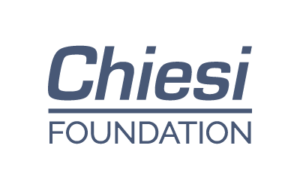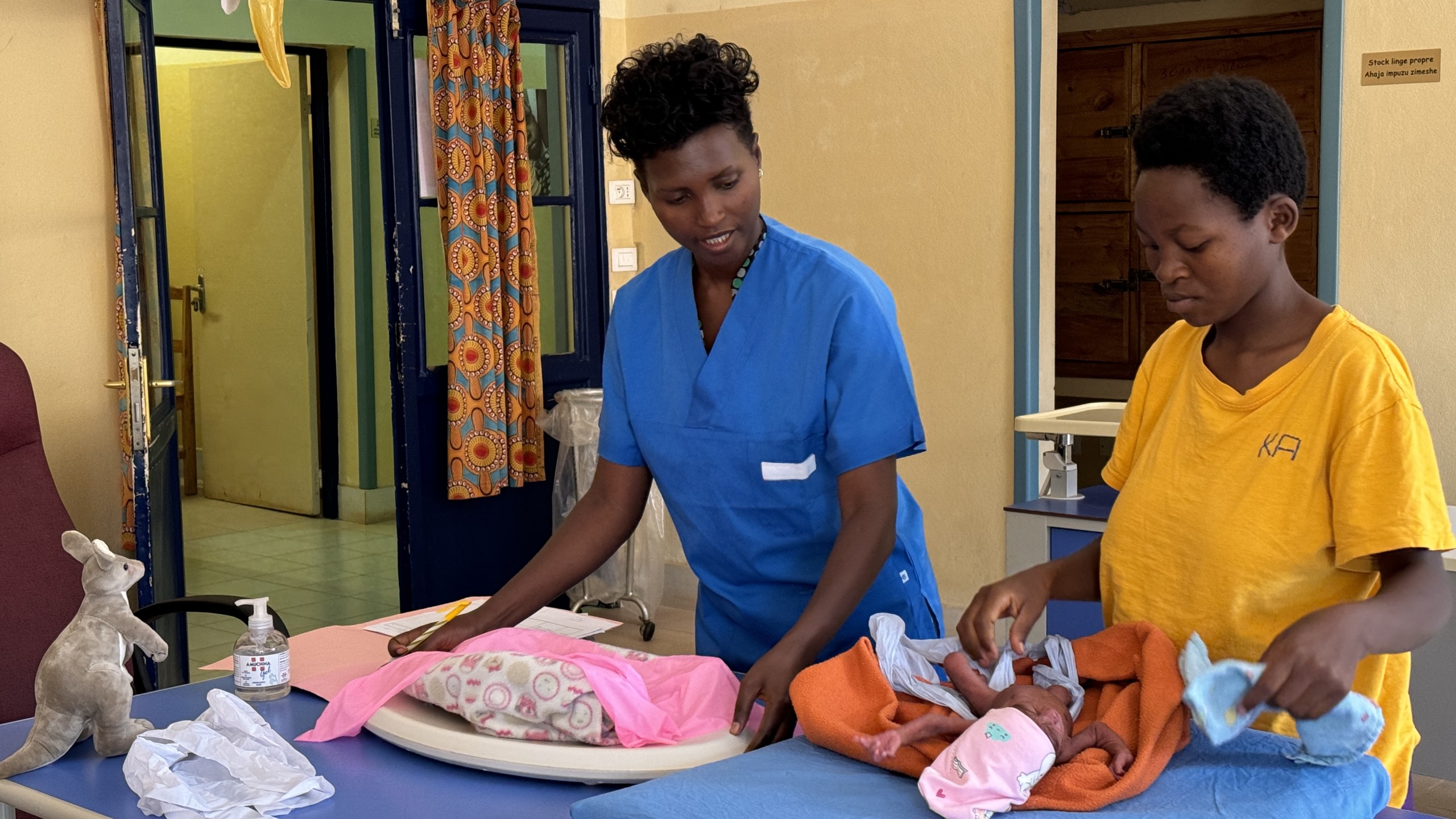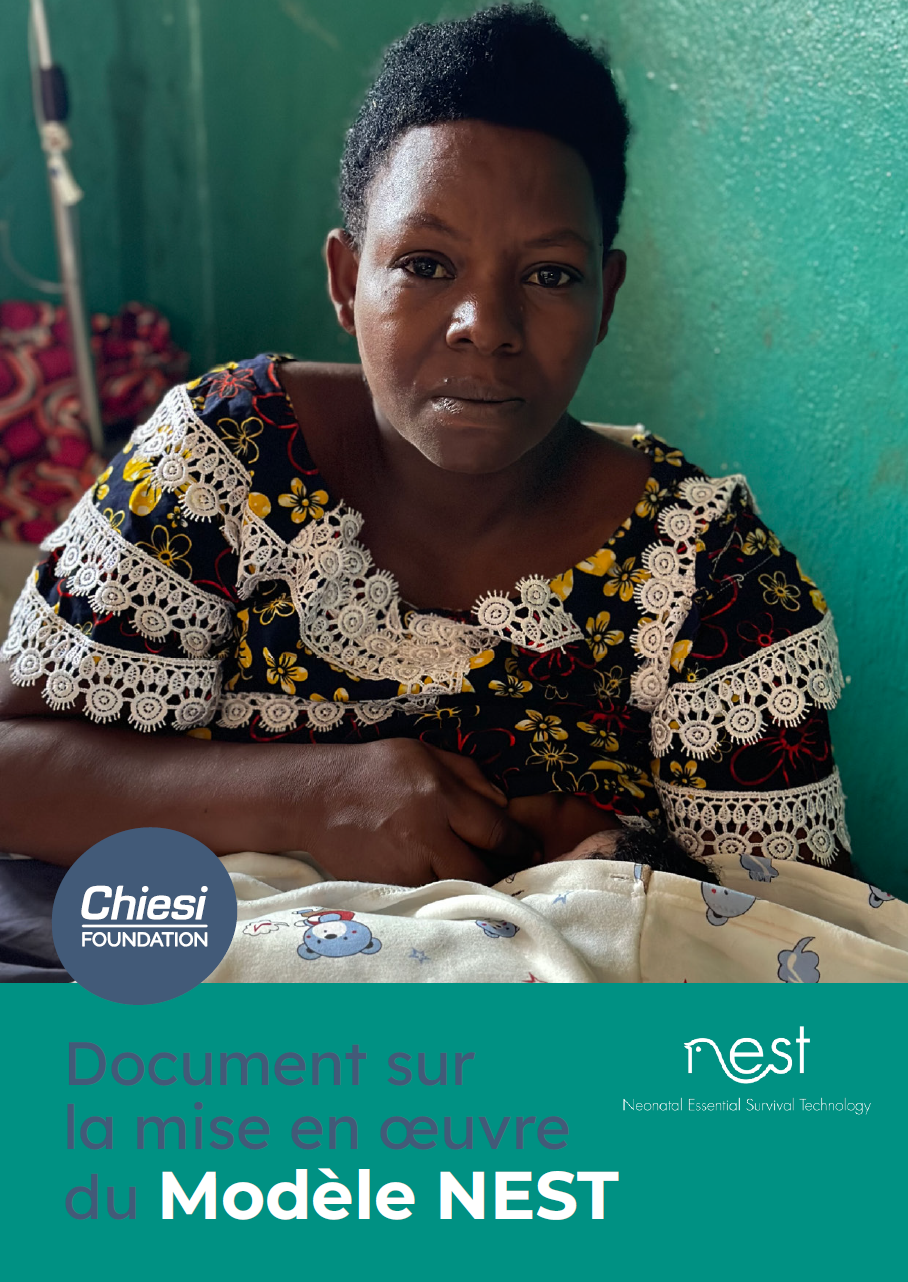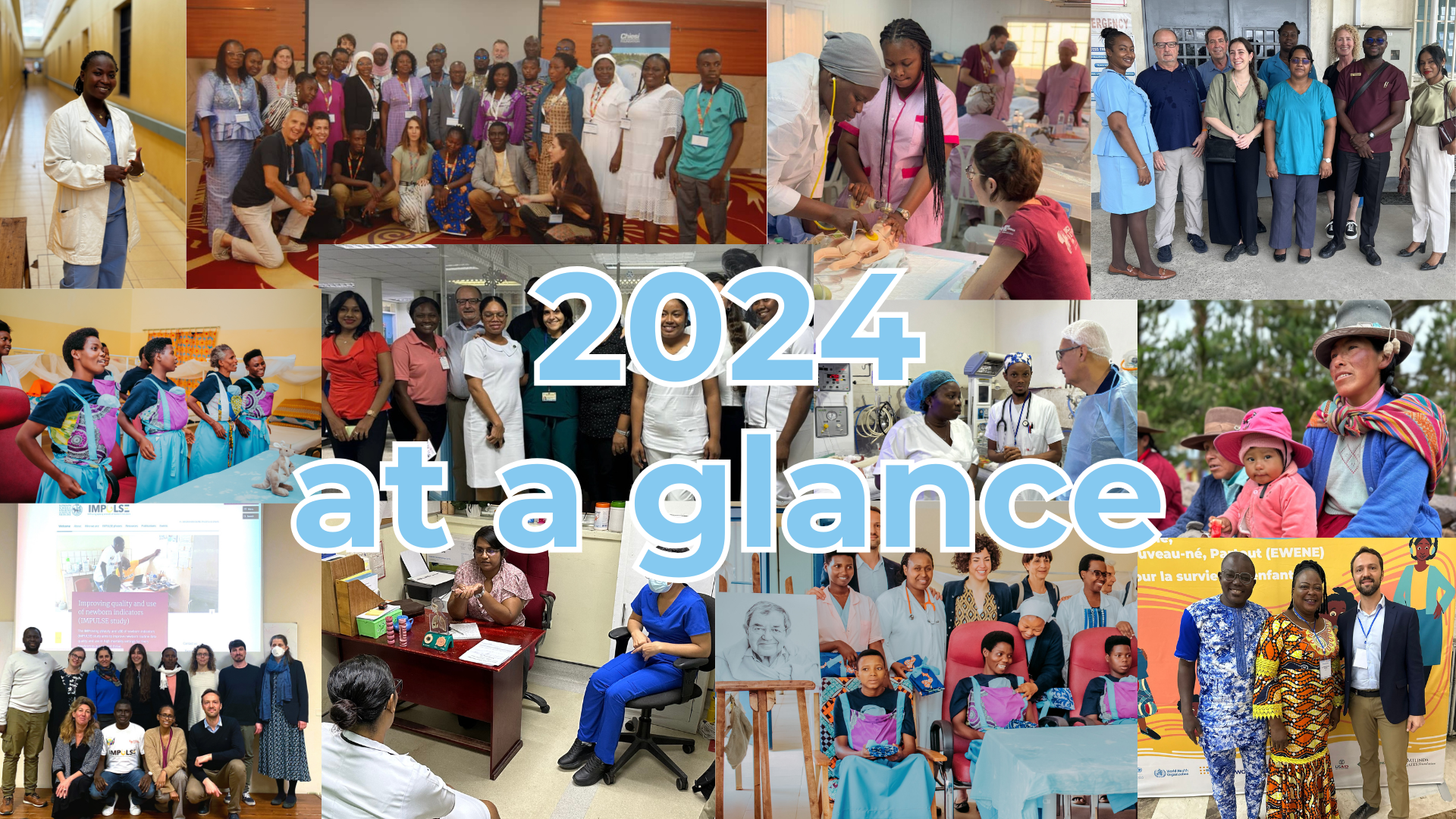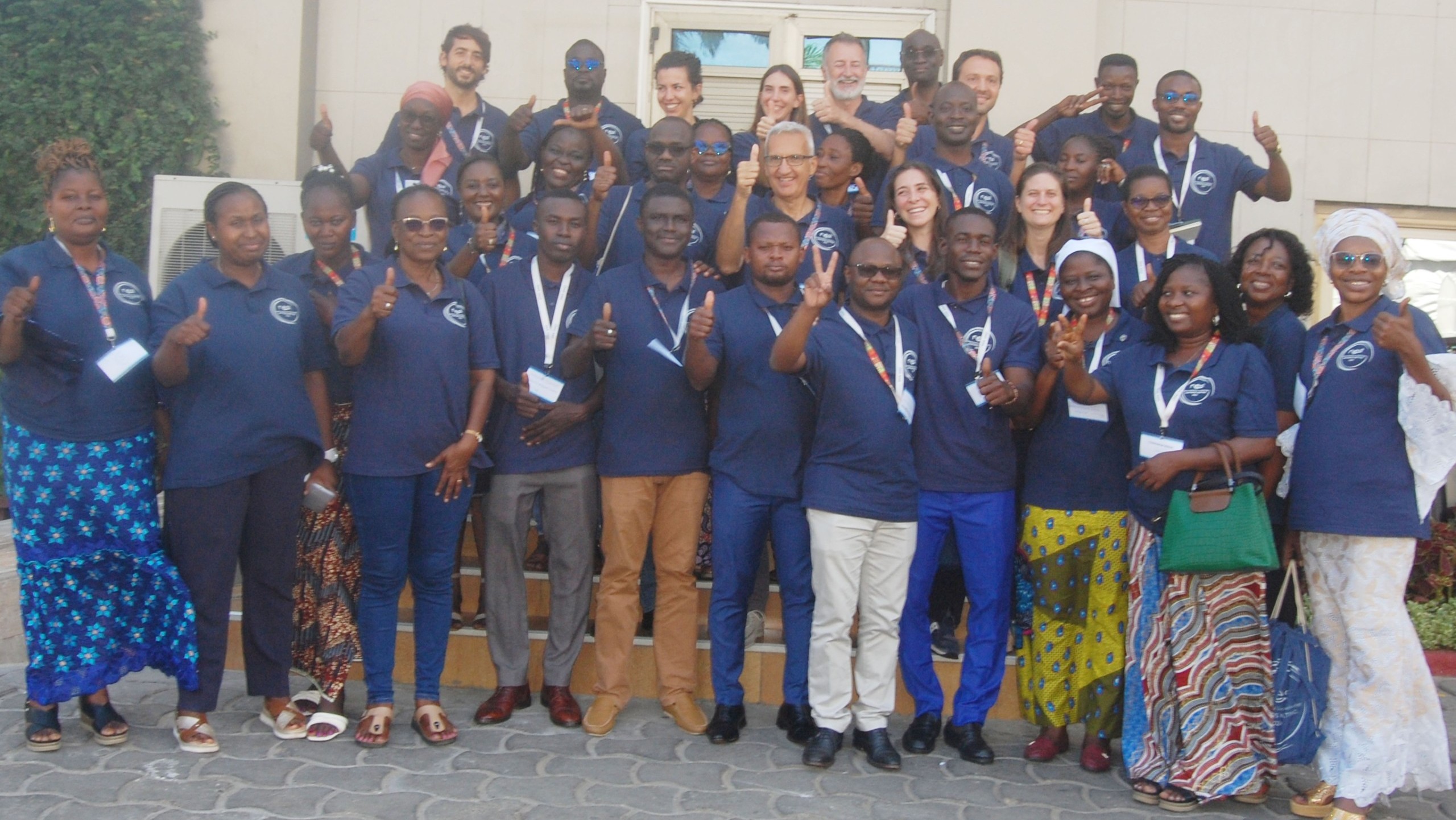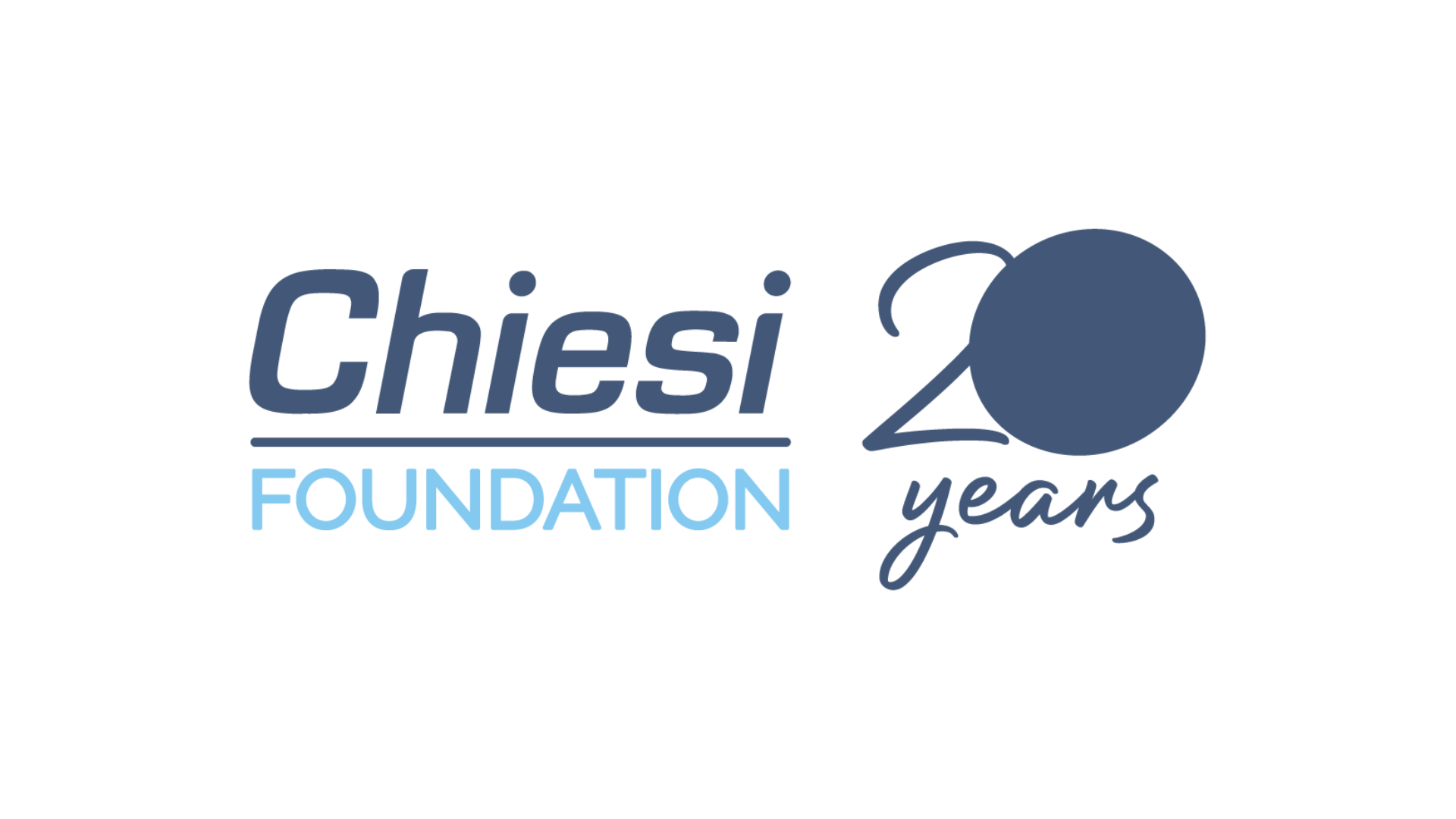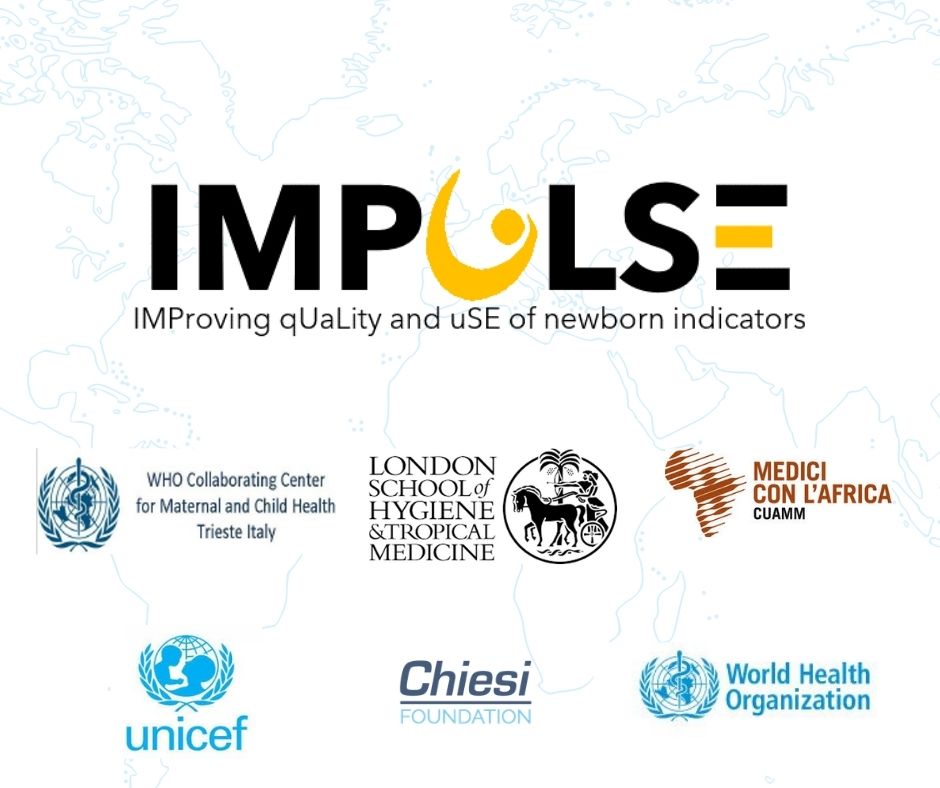by Lorenzo Picicco
Share
We are glad to share the revised version of the Chiesi Foundation’s Neonatal Essential Survival Technology (NEST) Model. This updated document is now accessible to healthcare professionals and academic communities, particularly in Francophone African countries. Since 2014, the NEST Model has been a cornerstone in our efforts to combat newborn mortality and morbidity, and this revision marks a significant step forward in our mission.
Core Principles
The NEST Model was developed to address the critical issues of newborn mortality and morbidity by identifying barriers and implementing sustainable, and practical solutions. It serves as a valuable resource for translating theory into practice, with local healthcare professionals playing a crucial role in creating culturally appropriate approaches that enhance ownership and satisfaction. This collaborative effort ensures that the solutions are not only effective but also resonate with the local context.
At its core, the NEST Model emphasizes zero-separation and family participatory care. This approach promotes a partnership between the family and the neonatal unit staff, encouraging the family’s constant presence at their baby’s bedside. This shared care model enables families to deliver essential nursing care and participate in medical decision-making. Successful implementation of this approach requires a change in both healthcare facility culture and health worker behavior. The revised NEST Model includes comprehensive guidelines and training materials to support healthcare professionals in adopting this approach.
The zero-separation and family participatory care are mainstreamed across the three working areas of the NEST Model. The first working area is the essential care practices such as warmth, proper nutrition (human-sustained milk), hygiene, and basic respiratory support. These foundational elements are critical for the survival and health of newborns. Once these basics are firmly in place, more advanced care strategies can be introduced, to handle and manage respiratory problems, severe asphyxia and jaundice. Finally, the model the model encourages the creation of perinatal networks, both intra-hospital level, fostering collaboration among midwives, obstetricians, and doctors, and at inter-hospital level strengthening the referral system, to ensure that every baby receives the best possible care.
Quality of Life Improvement
The revised NEST Model aims to create a positive and sustainable impact on the quality of life of the newborns and their families by addressing not only immediate needs, such as survival during the first weeks of life, but also the health conditions of newborns that may have long-term implications for the child and, indirectly, for mothers, families, and communities as a whole. This holistic approach recognizes that the health of newborns is intrinsically linked to the well-being of their mothers and families, and it seeks to address these interconnected needs comprehensively.
Alignment with Global Initiatives
Aligned with global initiatives like the UN Sustainable Development Goal 3 and the Every Woman Every Newborn Everywhere (EWENE, building on the legacy of ENAP and EPMM), the Chiesi Foundation is dedicated to empowering healthcare professionals in French-speaking Africa. Our goal is to contribute to a healthier future for mothers, babies, and their families by providing the tools and knowledge needed to improve neonatal care.
Implementation and Feedback
The NEST Model has been implemented in various hospitals across sub-Saharan Africa, including Hôpital Saint Camille de Ouagadougou (Burkina Faso), Hôpital Saint Jean de Dieu de Tanguiéta (Benin), Ngozi Regional Hospital (Burundi), Centre Hospitalier Régional d’Abobo (Ivory Coast), and Hôpital d’Enfants Yendube in Dapaong (Togo). These implementations have provided valuable insights and feedback, allowing us to refine and improve the model further. The experiences gained from these implementations have been instrumental in shaping the revised NEST Model, ensuring that it is both practical and effective in diverse settings.
Capacity building
The NEST Model is designed to enhance the skills and knowledge of local healthcare professionals while also empowering families to actively participate in the care of their newborns. For healthcare professionals, the NEST Model provides comprehensive training programs tailored to the local context, ensuring that the training is relevant and practical. This capacity-building effort ensures that healthcare providers are well-equipped to deliver high-quality neonatal care.
The model also focuses on creating a supportive environment for healthcare professionals by fostering collaboration among different stakeholders, including local institutions, civil society organizations, and professional associations. This collaborative approach helps in creating a sustainable healthcare system that can continue to provide high-quality care even after the initial implementation phase. Overall, the NEST Model aims to create a holistic and sustainable approach to neonatal care by empowering both healthcare professionals and families, ensuring that they have the knowledge, skills, and resources needed to provide the best possible care for newborns.
Infrastructure and Equipment
The NEST Model also addresses the need for appropriate infrastructure and equipment. Many neonatal units were originally designed with the idea that keeping newborns separated from their families would reduce infections. However, evidence has shown that keeping mothers and newborns together is crucial for safe and positive newborn outcomes. The revised NEST Model advocates for zero-separation and continuity of care, ensuring that families have access to beds, food, bathing, and toilet facilities throughout the baby’s hospital stay. This approach not only improves health outcomes but also enhances the overall experience for families.
Data Collection and Management
In addition to infrastructure and equipment, the NEST Model emphasizes the importance of data collection and management. Accurate data is essential for monitoring progress, improving care, and advocating for resources. The revised model includes tools and guidelines for healthcare professionals to collect and use data effectively. This data-driven approach ensures that interventions are evidence-based and can be continuously improved over time.
Addressing Climate Change Impacts
The revised NEST Model also focuses on addressing climate change’s impacts on neonatal health. Climate change poses significant risks to newborn health, including increased exposure to extreme weather events, poor air quality, and vector-borne diseases. The NEST Model includes strategies for healthcare facilities to adapt to these challenges and ensure that newborns receive the care they need, even in the face of environmental changes.
Invitation to Explore the Revised NEST Model
We invite healthcare professionals, academic communities, and all our partners to explore the revised NEST Model document. Together, we can significantly impact neonatal health and ensure that every newborn has the best start in life.
